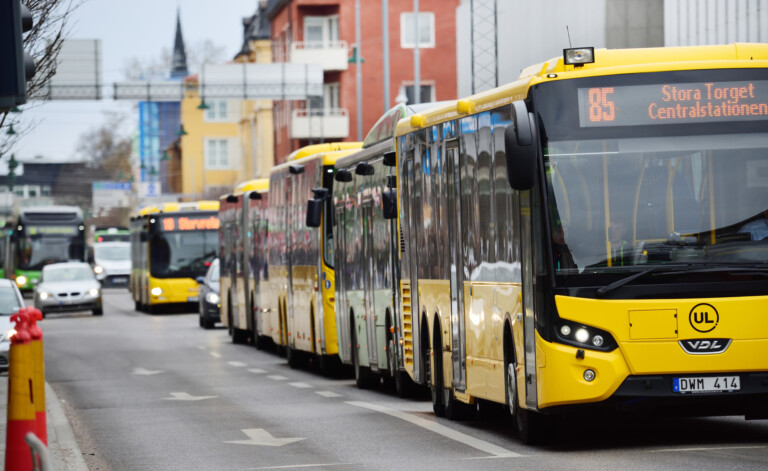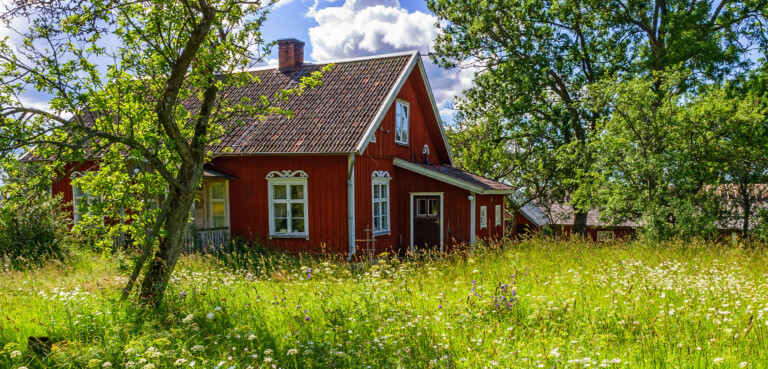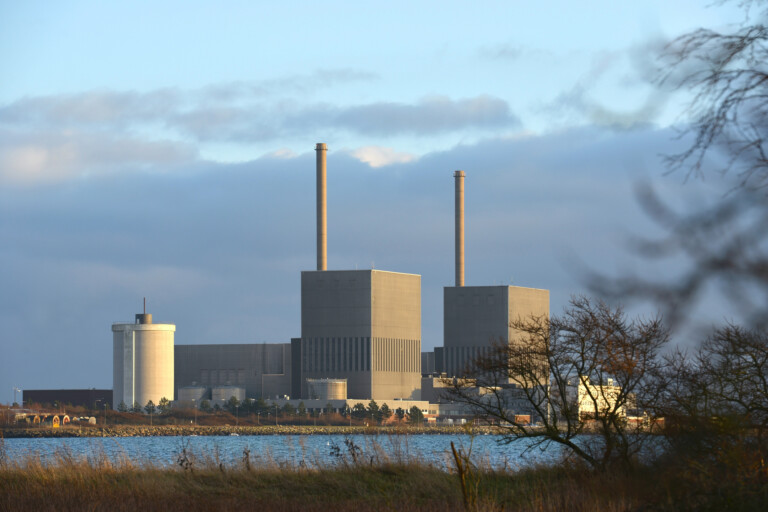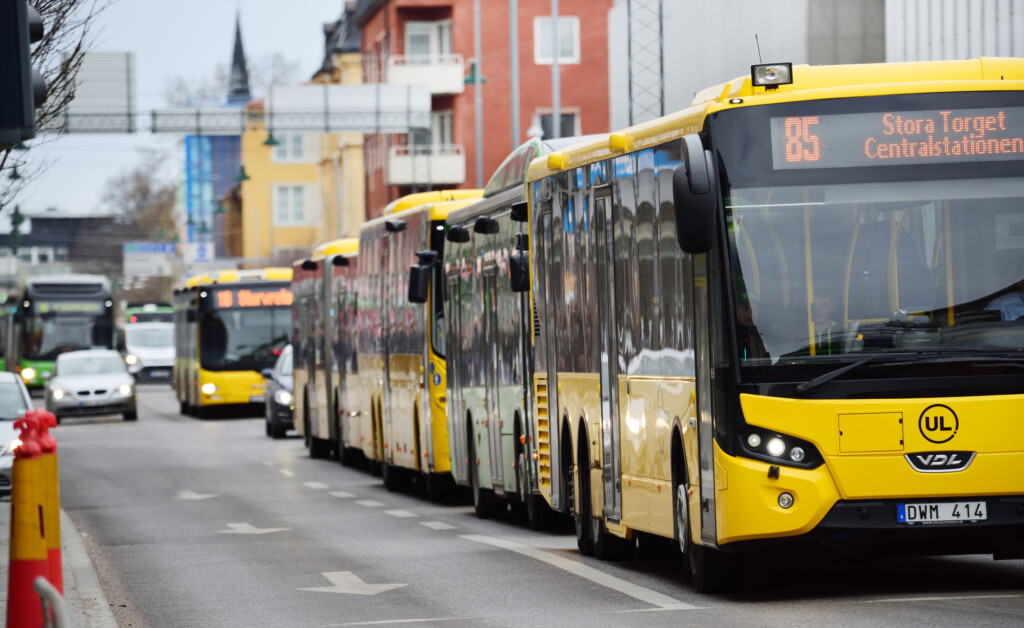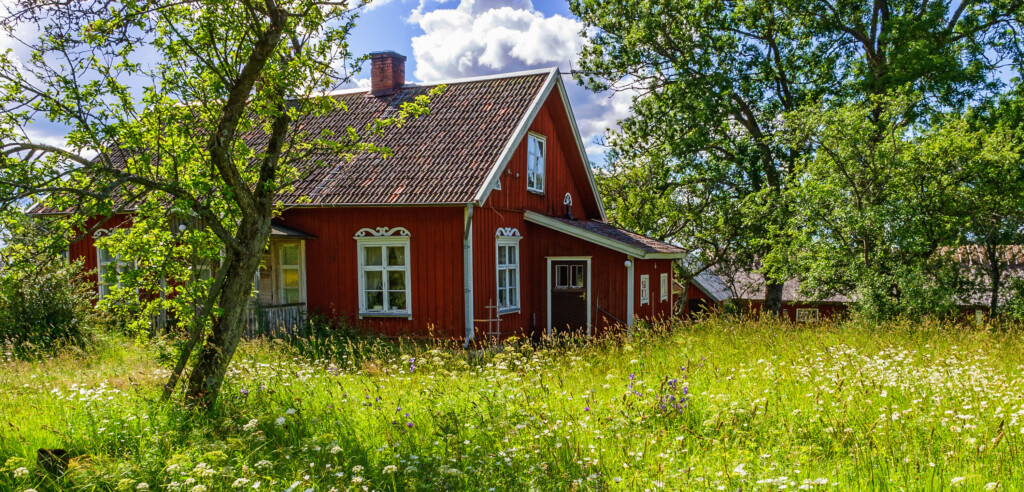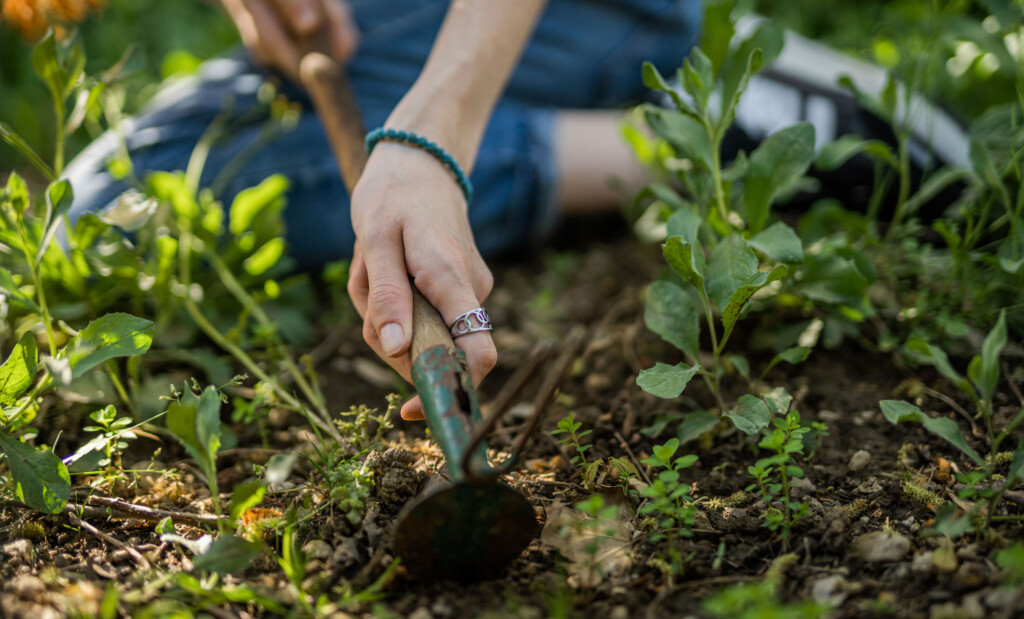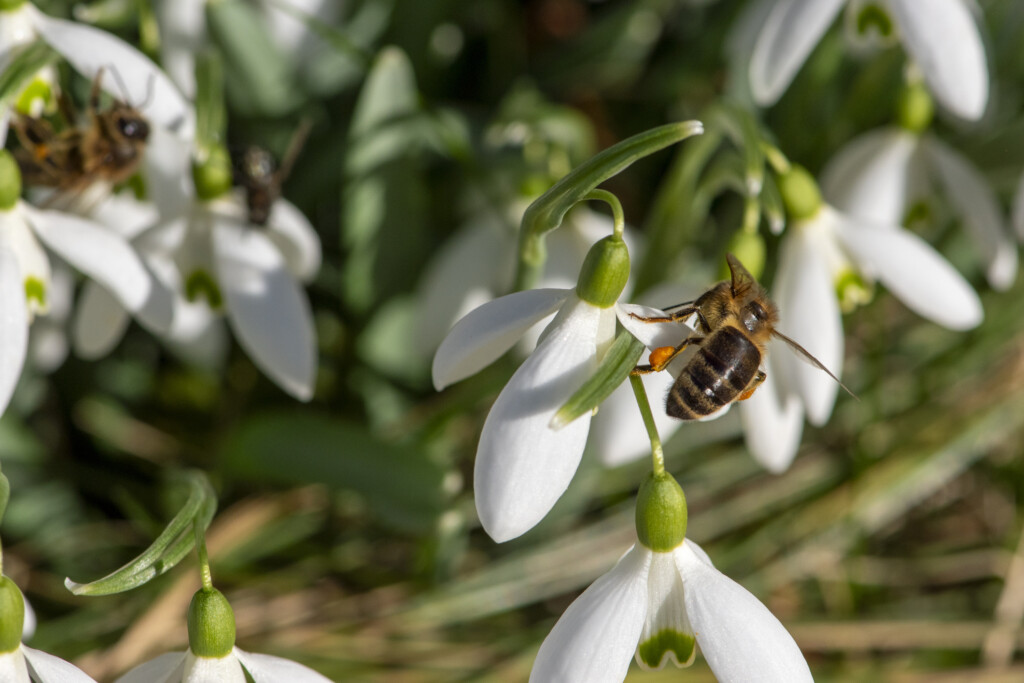Transport
Gardening can strengthen a community in times of crisis
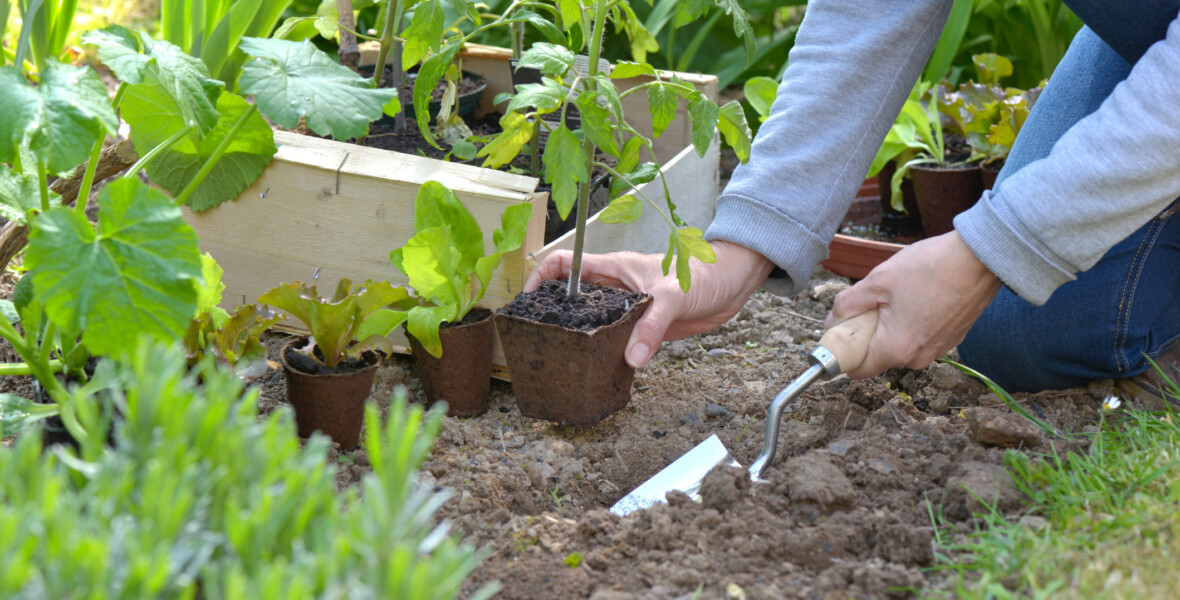
When society faces divisive forces, gardening can be a way to bring a community together? This is the belief of researcher Marine Elbakidze, who studies the importance of community gardening in times of crisis.
Subscribe to Extrakt newsletter!
Läs mer
Stay up to date! Get the knowledge, ideas and new solutions for a sustainable society.
Personal data is stored only for the mailing of Extrakt newsletters and information related to Extrakt’s operations. You can cancel the newsletter at any time, which means you will no longer receive any emails from us
It has now been two years since Russia launched its full-scale invasion of Ukraine. Meanwhile, life continues for those who remain in the country. Marine Elbakidze, a researcher at the Swedish University of Agricultural Sciences, has been living in Sweden for many years, but when Extrakt reaches her via video link, she is conducting fieldwork in her hometown of Lviv, in western Ukraine.
In her previous research, she has studied the connectedness people have to the Earth and nature. In the coming years, she will work in the project “Urban community gardens as social innovation in turbulent times across diverse European contexts”. Working with three other researchers, she will conduct interviews and observations at community gardens in Sweden, Ukraine and Georgia.
“Growing your own vegetables improves food security, which is important in times of crisis, but gardens can also provide other benefits,” she says.
Improves resilience in a crisis
In addition to expanded availability of food, Elbakidze believes that community gardens have the potential to strengthen the bond in our local communities, improving resilience in the event of a crisis.
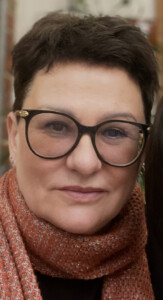
There is also plenty of research showing that gardening is good for health, so perhaps community gardens can act as places of healing. In previous fieldwork in Ukraine, Marine Elbakidze has seen that many injured soldiers take part in gardening projects.
“It will be interesting to hear how they benefit from these spaces,” she says.
In Georgia, the situation has been unstable ever since the fall of the Soviet Union. Parts of the country were occupied by Russia in 2008, and there is concern for a full-scale invasion, similar to the one in Ukraine.
In Sweden, the threat of a Russian invasion is not as imminent. Instead, Marine Elbakidze sees us grappling with other challenges. She points to how growing income gaps and segregation create conflicts and distance between people.
Open and accessible green spaces
In a previous research project, Marine Elbakidze investigated how Swedes born abroad use different types of green spaces. Of the approximately 300 interviewees, many identified community gardening as an important space.
“Even people who were not involved in gardening themselves experienced these spaces as accessible and open. I find that interesting. Now I hope we can find out more about why this is so and how these gardens can support integration. In all three countries we are examining, we see that there are strong divisive forces. This makes it important to find things that help us bond with each other and maintain our sense of community,” she says.
She hopes that the lessons learned from the research will be useful for politicians, urban planners, individuals who work with integration and others.
“We are taking a holistic approach to community gardens to see how to develop the concept and scale up initiatives to amplify positive effects,” she says.
